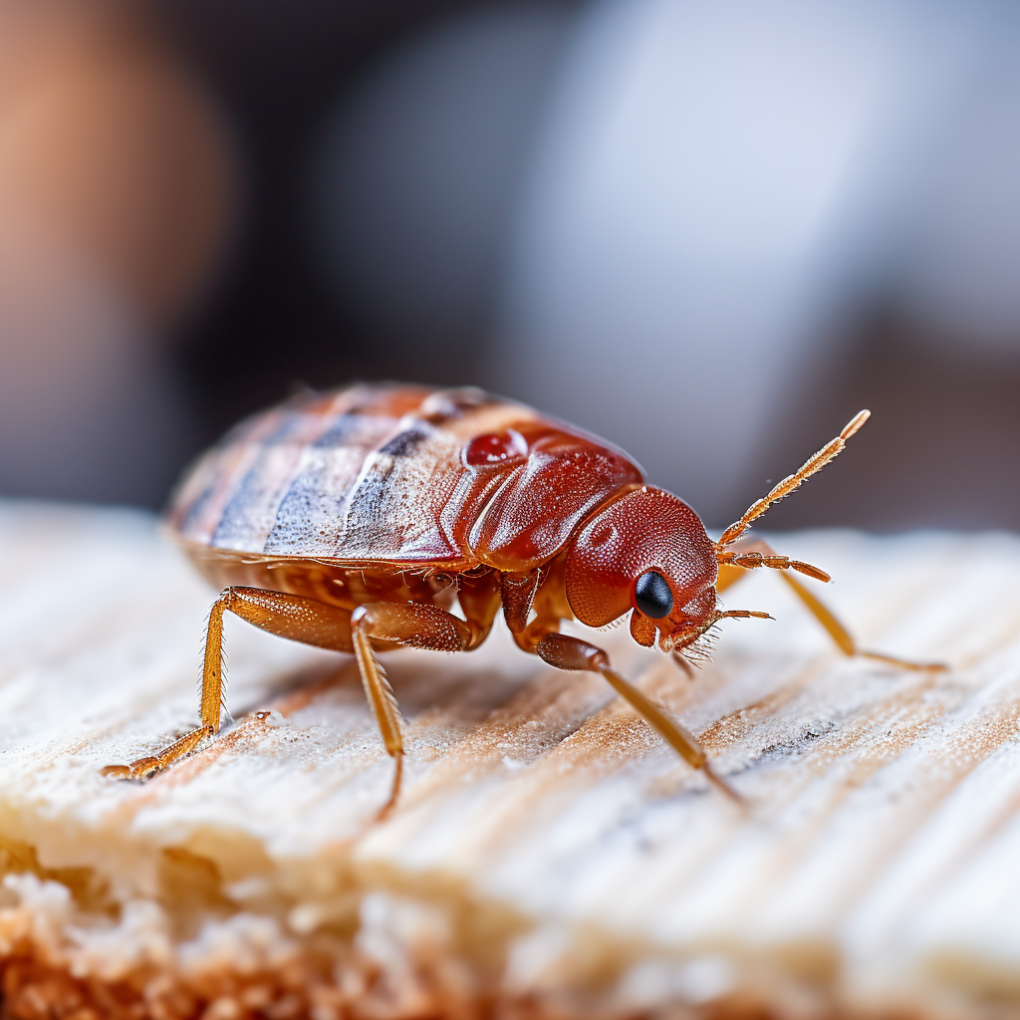Professional Kings Bug Control Services Cincinnati OH
Professional Kings Bug Control Services Cincinnati OH
Blog Article
Kinds of Parasite Control: Which Technique Is Right for Your Infestation?
When confronted with an insect invasion, the option of an appropriate approach for bug control is critical in effectively handling the scenario. From chemical therapies to organic remedies, there exists a series of techniques that can be used to attend to different sorts of parasites. Each method comes with its own collection of advantages and factors to consider, making the decision-making procedure a nuanced one. Comprehending the nuances of each method and assessing their compatibility with the certain bug infestation handy is vital for achieving long-lasting success in parasite administration. By checking out the different kinds of pest control techniques readily available, people can make educated decisions customized to their special conditions, ensuring a much more lasting and efficient outcome in bug removal.
Chemical Bug Control
Chemical bug control entails making use of synthetic or naturally acquired chemicals to manage and eliminate pest populaces effectively. This approach is typically made use of in agriculture, forestry, and property setups to fight a wide variety of pests, consisting of weeds, insects, and rats. The usage of chemical pesticides can provide quick and targeted services to pest invasions, making it a popular option for several individuals and businesses.
Among the vital benefits of chemical parasite control is its capability to quickly remove bugs, minimizing the threat of damages to crops, residential property, and human wellness. By utilizing certain chemicals that target specific pests, this method can efficiently manage problems while reducing damage to helpful microorganisms and the atmosphere when applied properly.
Nonetheless, using chemical insect control likewise raises concerns concerning potential adverse results on non-target species, water resources, and human wellness. It is critical to adhere to security guidelines, apply chemicals responsibly, and consider alternate pest control approaches to minimize these threats and guarantee sustainable insect administration practices.
Organic Parasite Control
Organic insect control, additionally called biocontrol, utilizes living organisms to handle and decrease pest populaces naturally. This method uses the power of nature to manage bugs without the demand for artificial chemicals. Biocontrol can involve the introduction of all-natural enemies of the bug varieties, such as parasites, killers, or pathogens, to suppress bug populations. By making use of the bug's all-natural predators or pathogens, biological bug control provides a lasting and eco friendly option to pest management.

Mechanical Parasite Control
Making use of physical and hand-operated methods to take care of insect populaces, mechanical bug control uses an alternate approach that does not depend on the usage of living organisms see this or synthetic chemicals. This technique involves the usage of barriers, catches, or various other tools to literally discourage or eliminate parasites. By blocking insect entry points or establishing catches to capture them, mechanical parasite control can efficiently reduce invasions without presenting chemicals right into the setting.
One typical instance of mechanical insect control is making use of mesh displays on windows and doors to stop pests from going into buildings. This straightforward yet effective approach works as a physical obstacle, maintaining pests out while allowing for correct air flow. In addition, gadgets like mousetraps, fly swatters, and ultrasonic repellents fall under the mechanical bug control classification.
While mechanical bug control methods can be labor-intensive and need normal tracking and maintenance, they offer a lasting and ecologically friendly remedy for taking care of insect infestations. By integrating various mechanical strategies, homeowner can create a comprehensive insect control method that decreases reliance on chemical pesticides.
Physical Pest Control

Some usual physical additional resources bug control methods consist of using obstacles such as internet or screens to prevent parasite entrance, traps to catch and remove bugs, and hand-picking to literally get rid of insects from plants or structures. Additionally, methods like warmth therapies can be used to regulate parasites like bed bugs by elevating the temperature level to levels that are lethal to the pests.
Physical insect control is specifically helpful in integrated parasite monitoring (IPM) approaches, where several pest control approaches are incorporated for effective parasite monitoring while lessening the use of chemicals. By making use of physical bug control strategies, people can successfully address insect infestations with minimal environmental influence.
Integrated Insect Administration
When applying physical parasite control methods as component of bug management approaches, Integrated Bug Administration (IPM) becomes a detailed technique that leverages numerous techniques to properly regulate pest populations. IPM concentrates on long-lasting avoidance of parasites via a combination of biological, cultural, physical, and chemical tools tailored to certain parasite problems. By incorporating multiple control tactics, IPM intends to minimize the threats linked with pests while additionally decreasing dependence on chemical services.
One trick aspect of IPM is the emphasis on monitoring and assessing pest populations to figure out the most ideal control techniques. This aggressive approach enables very early intervention and reference targeted methods, causing extra reliable pest monitoring. Furthermore, IPM advertises eco-friendly techniques by focusing on non-chemical control approaches and only making use of chemicals as a last hotel.
Conclusion

By utilizing the insect's natural killers or pathogens, biological bug control offers a ecologically pleasant and sustainable option to pest monitoring. - Kings pest control Cincinnati Ohio
Making use of physical and hand-operated methods to manage parasite populations, mechanical parasite control supplies a different approach that does not count on the usage of living organisms or artificial chemicals.A reliable technique to handling parasite populations without depending on chemical or biological approaches entails the use of physical pest control strategies.When applying physical insect control approaches as part of pest management methods, Integrated Bug Management (IPM) arises as a detailed technique that leverages various methods to effectively regulate pest populaces. Chemical pest control includes the use of pesticides, biological bug control utilizes natural predators, mechanical bug control includes physical obstacles, physical bug control consists of trapping or getting rid of bugs, and incorporated parasite administration integrates multiple approaches for an alternative technique to pest control.
Report this page